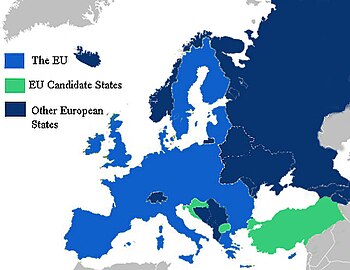It was not bad that those Americans dared to look at the issues of politics and the church and touched on issues from poverty to immigration as well. In what will be a volatile election year with many evangelicals involved in Christian nationalism the Just Gospel looked like a healthy and solid event.
The Del Rey Baptist church is a daughter church of Capital Hill Baptist.
The Just Gospel described itself as following:
No one saw the 2016 presidential election coming. No one predicted the effect the election would have on the country — and the Church.
To some extent, our tribalism has been exposed and perhaps deepened. Unity has become more fragile.
In all likelihood, the Church will face the same stark choices and the same potential for misunderstanding, disunity and tribal politics. This time, however, we have an opportunity to approach politics and the election differently… like Christians… like the pilgrims and aliens we are in the world.
The goal of Just Gospel 2020 is NOT to engage in partisan debate or endorse any party’s platform. Nor is our goal to bind the consciences of attendees to a particular policy prescription the Bible does not require. We will not recommend or even comment on any candidate.
The Just Gospel 2020 conference goal is to help Christians think biblically and deeply about being Christians and taking our Christian identity and perspective into our political lives.The organisers of the conference in any case had good intentions/
We hope to aid each other in our discipleship. We are “strangers and exiles on the earth” who “desire a better country, that is, a heavenly one” (Heb. 11:13, 16).
We hope to model how Christians who differ in secondary and political matters can nevertheless do so charitably and in a way that preserves both unity and freedom of conscience. We hope to make a difference — for the Church and the country.
We need and want healing conversations that serve the Church We need pilgrim politics that bear witness to Christ and Kingdom to which we are headed. Join us!The Neo-Calvinist movement addresses the situation of racism or even hate groups. Traditional evangelicals and Trinitarian Baptists have failed substantially on this issue and have ignored, downplayed or just haven’t really spoken to this topic. Garrett Kell in his ministry has been consistent on pushing back against those in the Southern Baptist Convention who embrace Christian nationalism and marry faith and politics. When the Southern Baptists had their regular meeting in Dallas, Texas in 2018 it was Garrett Kell who tried to replace Vice President Mike Pence speaking to the Convention with a time of prayer.
The conference was well balanced and covered a large number of issues form immigration, to poverty, to politics and the church. What surprised me is that there were more outsiders than the traditional 9 Marks church circuit speakers. That made this conference well needed and necessary.











